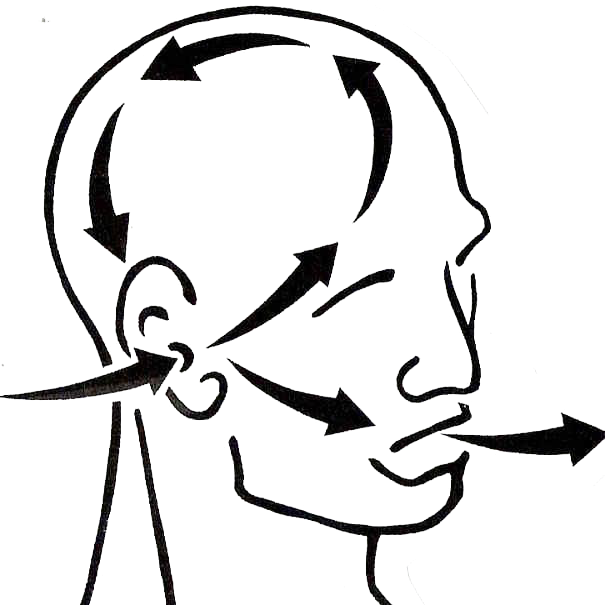Today’s blog will cover some common questions asked about TESOL/TEFL certification programs and how to pick the program best for you.
Question 1: What is TESOL?
Answer 1:
- TESOL represents a billion-dollar industry that has fundamentally advocated for, promoted, and presented the English language as a tool to improve all sorts of economic endeavors. Teaching English to Speakers of Other Languages (TESOL) has become a steadfast industry component due to the vast amount of cultural, technological, and economic influence wielded by the nations that utilize English as their native tongue.
- Under its umbrella we have created a slew of related enterprise, as illustrated via the following acronyms: ESOL, ESL, EFL, TESL, TEFL, EAP, ESP, ELL … (all contain the letter E = English).
Question 2: What is TEFL?
Answer 2:
TEFL is another certificate program offered and stands for Teaching (in) English as a Foreign Language.
Question 3: Which certificate is better or the best: TESOL or TEFL or TESL or CELTA or DELTA or Bridge or LAT-TESOL?
Answer 3:
- All certificates are simply documents that represent a process. This process aims to prepare the candidates for a prolific experience as a teacher of the English language in the global TESOL industry.
- Not all certificates are created equal. The processes involved in certifying a candidate vary greatly. The “best” certificate is one that shows the successful completion of a program whose theoretical component is based on the practical application of the CAT (Communicative Approach in Teaching). Currently, the standard in this respect is the LAT-TESOL Course for International TEFL/TESL/TESOL Certification.
Question 4: What are the certificates used for?
Answer 4:
- Certificates allow prospective employers to get a feel for the candidates skills, abilities, and qualities.
Question 5: How much does it cost to obtain the certificate?
Answer 5:
- Costs will vary greatly. Let’s get mathematical about it: Any viable program will have at least 90 clock-hours of practicum and theory. A realistic course will charge at least $15 per hour. 90 x 15 = $1350.00. Add extra costs in respect to materials and admin fees, and the result is a minimum of $1550.00 for a TEFL/TESL/TESOL certificate that has been field-tested and respected by recruiters, prospective employers, and advocates of the CAT.
Question 6: What are the requirements to obtain each certificate?
Answer 6:
- Be fluent in the English language.
- Be aware that the program is a commitment of time, effort, and money.
- Be aware of the fact that the certificate is NOT a diploma and that it cannot be used in lieu of one to obtain a teaching assignment.
- Understand well teaching is NOT a piece of cake.
Question 7: How long does it take to get each certificate?
Answer 7:
- The process for a viable certificate should take from 3 to 6 weeks to complete.
Question 8: How long does a typical certificate last?
Answer 8:
- There is no expiration date.
